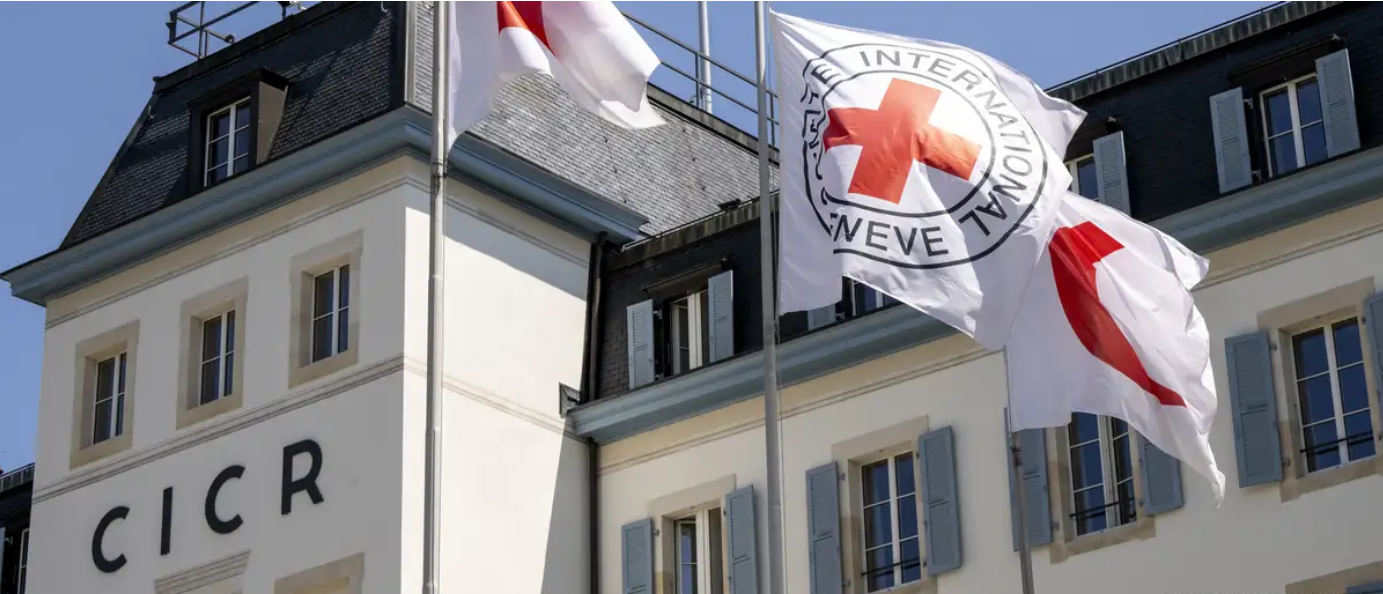Geneva Conventions at 75: Crossroads for international law?
Post By Diaspoint | August 12, 2024

The 1949 Geneva Conventions, cornerstones of international humanitarian law, turn 75 on August 12. With mass civilian casualties and alleged war crimes in present-day conflicts, how relevant are the conventions today?
The 1949 Geneva Conventions and their Additional Protocols have been described by the International Committee of the Red Cross (ICRC) as “one of humanity’s most important accomplishments of the last century.” The treaties set limits on how war is waged and protect civilians, medics and aid workers during wartime, as well as the wounded, the sick, the shipwrecked and prisoners of war.
However, the United Nations in 2023 recorded more than 33,443 civilian deaths in armed conflict, a 72% increase on 2022.
But with the October 7 attacks by the terror organization Hamas and other armed groups on Israel, the Israeli military response in Gaza, the war in Sudan, and Russia’s ongoing war of aggression against Ukraine, UN Secretary-General Antonio Guterres warned that “compliance with international humanitarian law and human rights law is often lacking.” In a report earlier this year, Guterres described the state of the protection of civilians as “resoundingly grim.”
“We’ve seen unprecedented attacks on medical workers, on hospitals, on civilians, all in violation of the Geneva Conventions, with very little shame by those who do it,” said Andrew Clapham, an international law professor at the Geneva Graduate Institute and a former member of the UN Commission on Human Rights in South Sudan.
For Clapham, the 75th anniversary of the Geneva Conventions is a “crunch time” for international humanitarian law when states must decide whether or not to hold those in violation of the treaties accountable for war crimes. This includes the obligation of member states to detain or transfer individuals subject to arrest warrants issued by the International Criminal Court (ICC).
The ICC started operating in 2002 to hold war criminals accountable. Many countries, among them the US, Russia and Israel, do not recognize the court’s jurisdiction.
“The ICC has issued arrest warrants for Russians, and there are requests for arrest warrants in the context of the Israel-Palestine conflict in Gaza,” Clapham told DW. “How seriously that gets taken by Western states is going to be a sign of how significant the Geneva Conventions remain.”
Read More from original source
